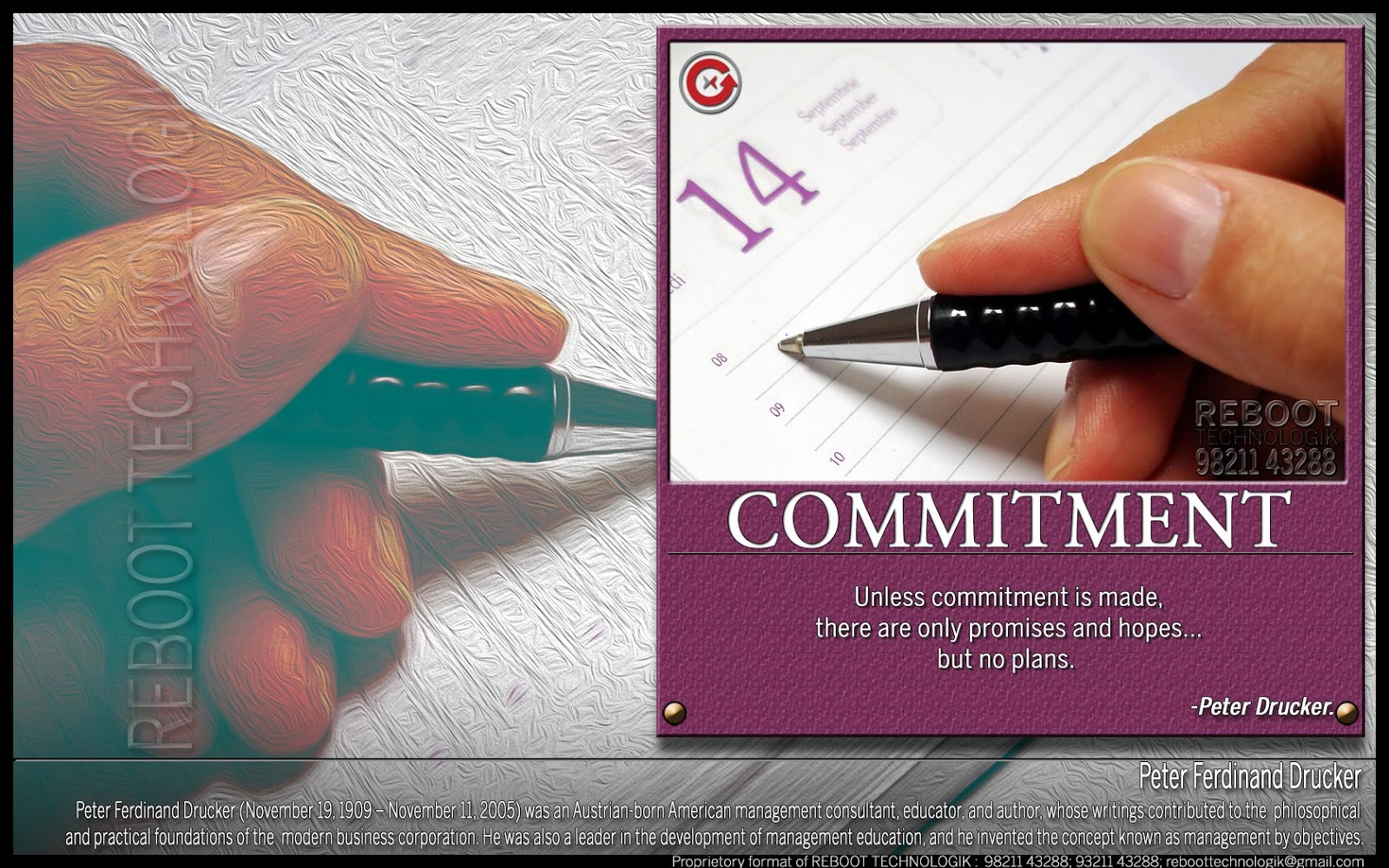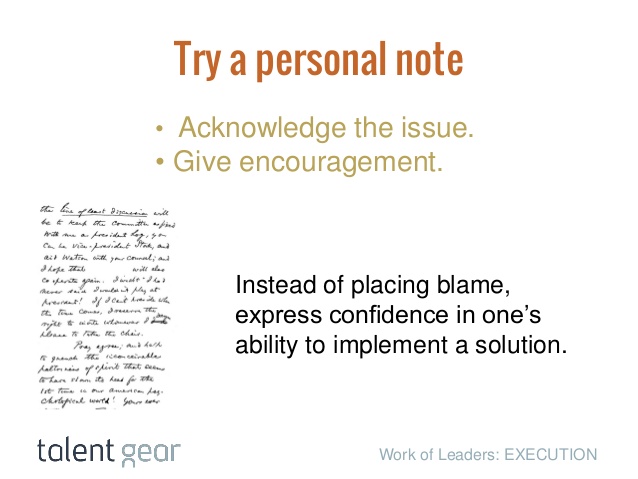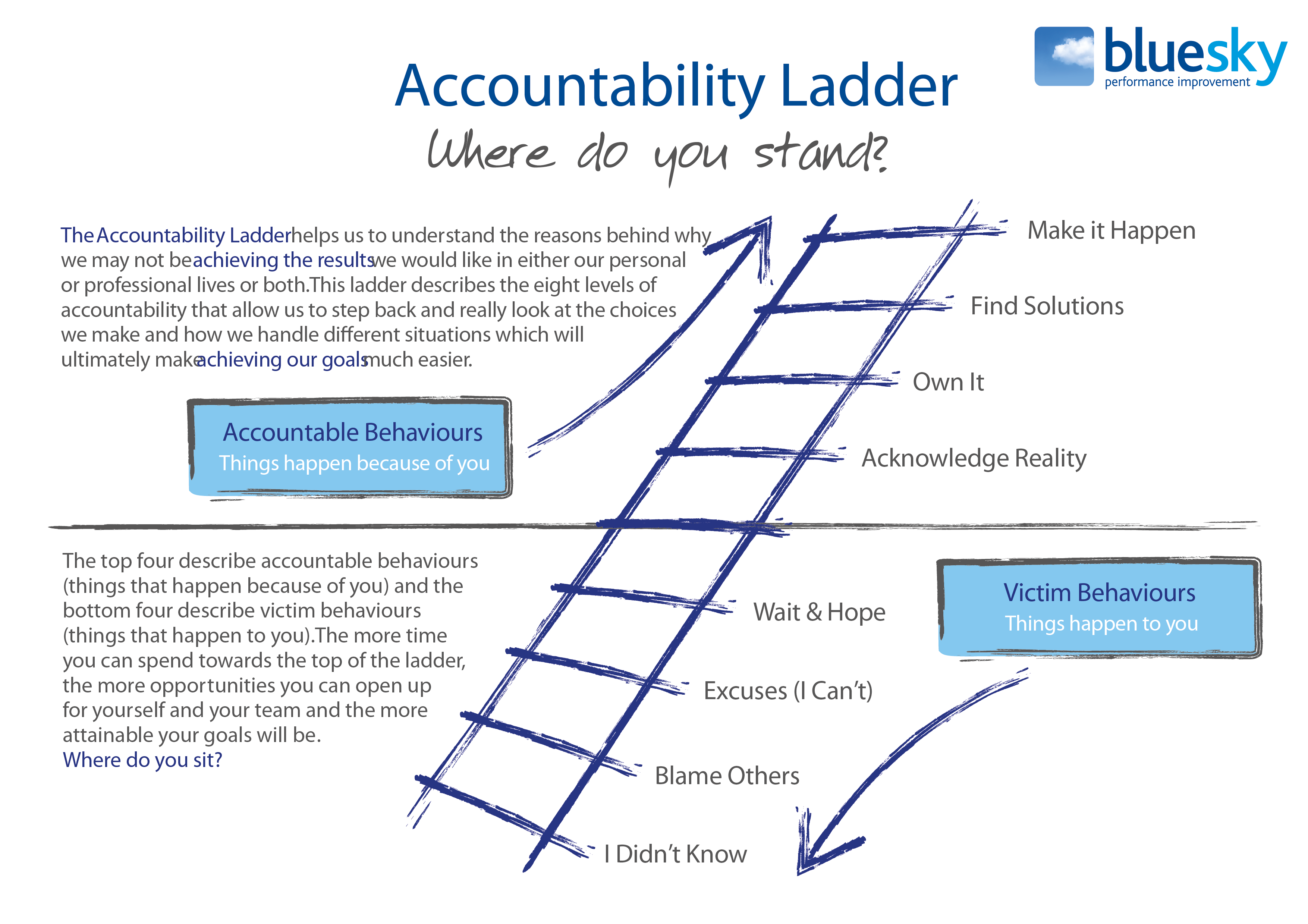How to Build a Culture of Accountability
There was a commercial that ran during a Super Bowl a few years ago that showed some poor guy working with an office full of monkeys. The sponsor was a job and careers website, and the message was “no one wants to work with an office full of monkeys – so get a new job!”
Funny, but so true.
When employees perceive that results don’t matter, you can get away with murder and no one cares, and excuses and finger pointing are the norm, it can be incredibly demoralizing and frustrating.
Good employees will eventually leave – if they can. And if they can’t, they may just decide “well, I may as well conform to the culture and join the rest of them”.
They will do the minimum, avoid taking responsibility, and expect someone else to solve problems.

I’m describing a culture that lacks accountability.
What exactly is “accountability”? According to Webster’s definition, it’s:
“Subject to having to report, explain, or justify; being answerable, responsible.”
In other words, “Who screwed up?!”
With such a negative, reactive, and punishing view of accountability, no wonder the term “holding you accountable” causes employees to run and hide.
Here’s a more positive definition of accountability, from The Oz Principle: Getting Results Through Individual and Organizational Accountability, written by Roger Connors, Tom Smith, and Craig Hickman:
“A personal choice to rise above one’s circumstances and demonstrate the ownership necessary for achieving desired results”
A culture of accountability is an organization of accountable employees.
Results are communicated and understood by everybody. Accountability is determined proactively, before the fact, not reactively, after the fact. When a mistake is made, the response is not finger pointing and excuses – its about solving the problem and learning from mistakes. Every employee feels a sense of ownership for organizational results and will do what it takes to achieve those results.
Now who wouldn’t want to work in that kind of culture?
Even more importantly, how do you create a culture of accountability?
It starts and ends with LEADERSHIP!
Leaders – starting at the top, and at all levels – will send a clear and consistent message (good or bad) about “how we do things around here”.
Here are 8 things leaders can do to create a culture of accountability:
- Walk the talk – role model accountable behaviors.Nowadays, organizations are so afraid of lawsuits that they won’tadmit mistakes. Unfortunately, that often gets them in more trouble than the original mistake, and sends a strong message to employees that says “if you mess up, never admit it – just cover your behind!” That kind of excuse making and blaming others will cascade down and permeate throughout the organizations. When I as a leader can stand before my employees and say “I made a mistake – and this is what we’re going to do to fix it” it sets a positive example of accountable behavior that my team, the employees, won’t be afraid to emulate.

- Define results and expectations – before the fact!I should not wait for a mistake to happen and then waste energy finding who is to blame. Instead, I have to setclear standards and expectations before the work even starts. Then, I make sure all employees are aware of and understand what results the organization is trying to achieve and what the expectations are for all employees. Every employee should have a “line of sight” to the organization’s desired results. At the beginning of the year I need to share the goals with the entire team.

- Gain commitment.Without commitment, I get compliance, or even resistance.“I’ll try” is not commitment. I ask: “Do I have your commitment?”, and listen to any concerns. I have to work with the employee to overcome barriers and figure out what I need to do to obtain their commitment.

- Be open to feedback and problem solving without placing blame.In other words, I never “shoot the messenger”. I try to have an open door environment where any employee is empowered to bring any problem to me and for that matter anyone in the organization without fear of repercussion.
- Hire accountable employees.I don’t just have to hire for technical skills and experience, I will have to hire for cultural fit. I have to look for a track record of admitting mistakes and overcoming obstacles.
See How to Hire the Best Employees.
- Coach employees how to be accountable.Many individuals come from backgrounds where they never had to be accountable. They are used to awards for 5thplace. They may have to learn new skills and behaviors, like critical thinking and problem before they can begin to thrive in a culture of accountability. I need to teach my team critical thinking and problem solving.

- Consequences and reinforcement.Ultimately, there has to be consequences for consistent poor performance and reinforcing for positive results and behaviors. Without this, employees will soon catch on that accountability is all talk and no action. I have to work the talk and apply the hot stove principle, it has to burn everybody equally including me.
- Hold each other accountable.In a culture of accountability, leaders don’t just hold employees accountable for results. Everyone holds everyone accountable! Every employee takes ownership for organizational results, not just their own little part of the world. This is critical for the C-Team. Again, leaders can role model, teach, and reinforce this kind of ownership mentality.
Culture will change in a positive way when I, and all leaders leaders consistently practice these 8 principles. If we won’t or can’t, then perhaps it’s time to find new leaders. I should give way.
Adapted from
This post has already been read 1489 times!










2 comments